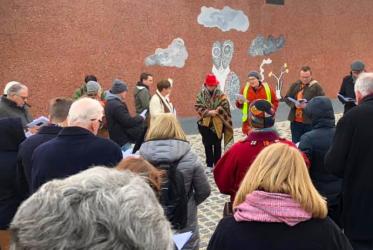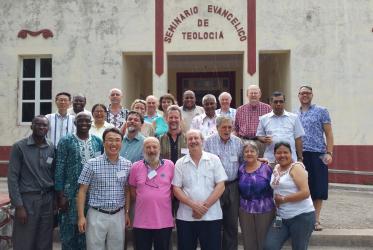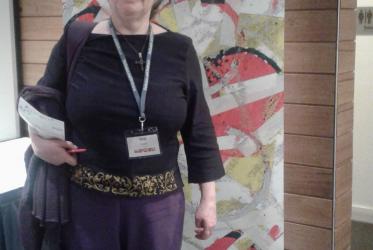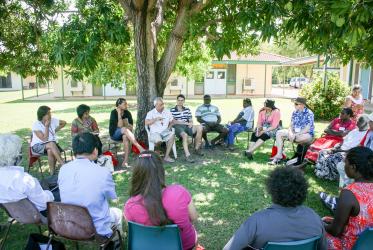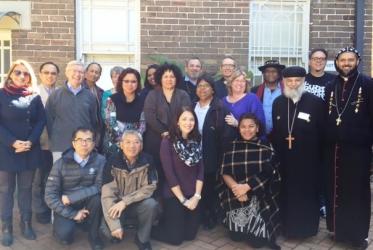Displaying 1 - 20 of 23
CCIA meets in Brisbane with focus on Pacific regional priorities
19 February 2020
Diakonia: “a tool to reach abundance of life”
24 July 2018
Seven weeks of Lent highlight water justice in Latin America
12 February 2018
#WCC70: A story of how we meet together
02 February 2018
A voice for peace from Down Under
10 July 2017
Contributing to God’s mission takes many forms, finds gathering in Cuba
20 September 2016
Indigenous spirituality: can it transform injustice into justice?
01 September 2016
"I hit the ground running": Katalina Tahaafe-Williams
16 February 2016
Theologian explores emerging model of empowerment and diakonia
17 December 2015
WCC Executive Committee speaks out on migrant crises
12 June 2015
“Ecumenism in the forest” draws smiles
07 July 2014


